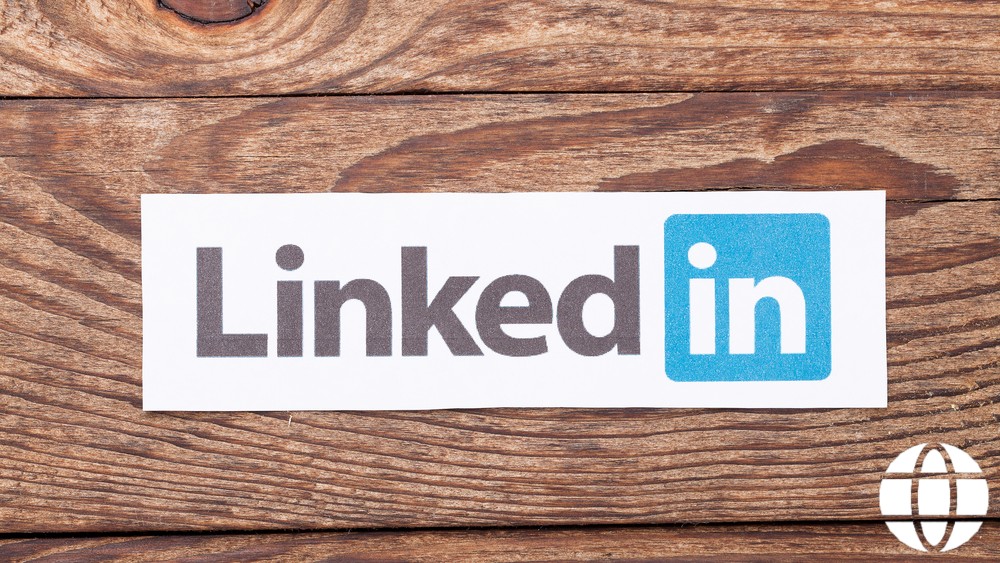Job interviews are inherently difficult to navigate.
There are a plethora of questions and situations which could potentially derail your success and the opportunity to land the position.
Perhaps one of the most difficult questions to answer is, “may we contact this employer?”
This seemingly innocuous questions can be difficult to answer, particularly if your answer is no.
All employers must receive explicit consent from a candidate before reaching out to personal or professional references.
Doing so without prior consent is a violation of the candidate’s privacy and can lead to potential legal consequences.
As an employer, always be sure to receive explicit consent from the candidate before reaching out to any previous or current employer.
As a safeguard to yourself and the company, receiving consent from the candidate will ensure they provide you with proper references and that you will not violate their privacy or trust.
As a candidate, employers typically like to reach out to former and current employers for reference.
This reference can be to verify that the candidate worked there, for what time-length, and what basic duties, functions, and responsibilities the candidate handled.
While the choice and decision is yours, as to whether or not you will allow a potential employer to reach out to current and former employers, you will want to answer tactfully and gracefully.
Former Employers
Typically, most candidates allow a potential employer to reach out to former employers for reference.
This is more common as former employers are typically no longer associated with the candidate and allowing a potential employer to receive reference from them won’t hurt their current employer relationship.
However, sometimes a candidate may opt to not allow a potential employer to contact a former employer.
There can be a ton of reasons for this, though not all of them may be nefarious.
Some reasons may be a poor working relationship, lost contact information, closure of the previous business, or a close working relationship between a former and current employer.
Opting to not allow a potential employer to reach out to a former employer may raise some red flags.
Most employers expect to be able to reach out to former employers for reference and not being allowed to may hurt your chances at landing the position.
If you’re unable to grant a potential employer access to contact a former employer, you should try to provide a sufficient reason as to why not.
You should be honest, to a degree.
Don’t badmouth or speak ill of a former employer or discuss a difficult working relationship.
Typically, many employers leave space or room on the application to provide an explanation as to why you will not allow them to reach out or contact a former employer.
If you do not see a space to list that reason on the application, then you may do so on your cover letter.
As your cover letter is meant to provide a more in-depth understanding of you as an individual, you can include a paragraph providing a reason why you are not comfortable with a potential employer reaching out to a former employer.
Current Employers
Most employers understand the difficult situation candidates find themselves in when applying to new positions and companies.
In addition to finding the time to apply and to interview in-person, the candidate may not want their current employer to be aware of their looking for a new position.
When a recruiter or hiring manager asks, “may we contact this employer”, they typically expect a no answer for current employers.
You should not feel pressured or anxious to provide permission to allow a potential employer to contact your current one.
Doing so may jeopardize your relationship with your current employer and could cost you your position there.
As a recommendation, you should try to keep your job search confidential, especially from your current employer.
Current employers may not take too kindly to an employee looking for a new opportunity outside of the company and may go so far as to terminate their employment.
As-such, it is perfectly acceptable to deny a potential employer contact to your current employer.
Conclusion
Having a potential employer ask if they may contact an employer is a normal and expected question.
Ideally, answering yes is the best bet.
However, it is understood that most candidates do not want their current employer to know that they are looking at positions outside of the company.
If you are unable or unwilling to provide access to contact former employers, be sure to provide a sufficient reason as to why not.
You can provide that information on the application or on your cover letter.








